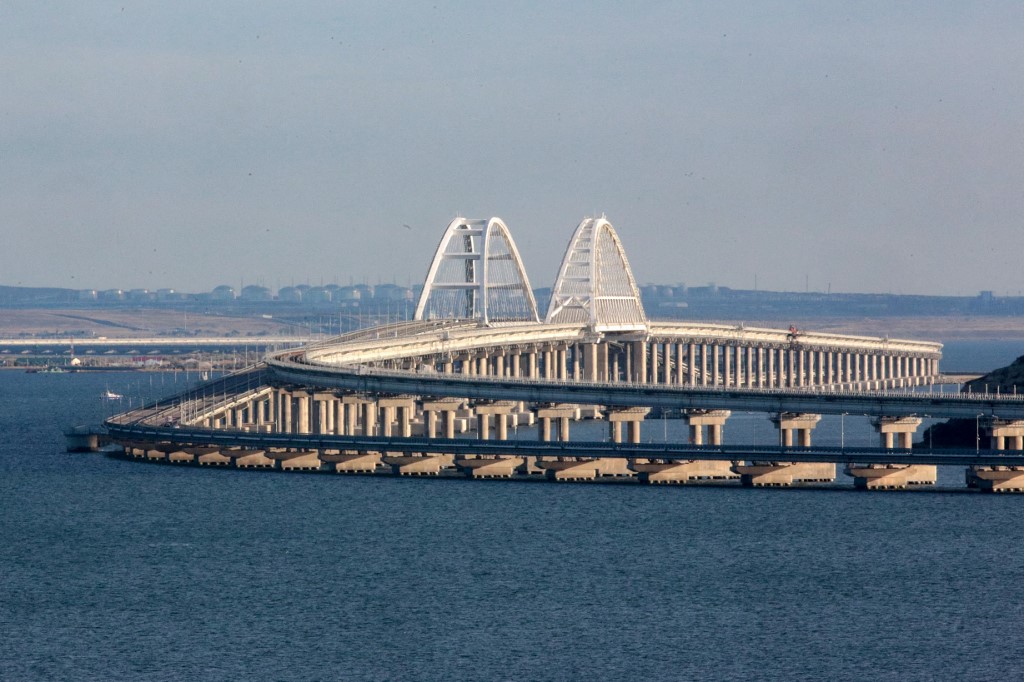Ismail Haniyeh, the political leader of the Hamas group in Palestine, was killed in Tehran alongside his bodyguard in a suspected missile strike.
Iran’s Islamic Revolutionary Guard Corps (IRGC), the country’s elite military force, confirmed Haniyeh’s death in a statement.
JOIN US ON TELEGRAM
Follow our coverage of the war on the @Kyivpost_official.
“With condolences to the heroic nation of Palestine and the Islamic nation and the combatants of the Resistance Front and the noble nation of Iran, this morning (Wednesday) the residence of Mr. Dr. Ismail Haniyeh, the head of the political office of the Islamic Resistance of Hamas, was hit in Tehran, and following this incident, he and one of his bodyguards were martyred,” it read.
Haniyeh arrived in Tehran to attend the inauguration of Iranian President Masoud Pezeshkian, where the two met on Tuesday, July 30.
Israel is believed to have fired missiles from outside Iranian territories for the assassination, though its government has yet to make an official statement on the strike.
Sami Abu Zuhri, a senior Hamas official, said the assassination would not alter the group’s paths.
“Hamas is a concept and an institution and not persons. Hamas will continue on this path regardless of the sacrifices and we are confident of victory,” said Abu Zuhri, as reported by Al Jazeera.
Just a few hours prior, Israel also claimed it had killed Fuad Shukr, a senior military commander of the Iranian-backed Hezbollah group in Beirut, Lebanon.

Sanctions Busting: Germany’s Role in Dodging Russian Sanctions
On July 28, a rocket likely fired by Hezbollah struck a soccer field in the Israeli-controlled part of the Golan Heights, killed at least 12 children and teenagers.
Israeli strikes on Lebanese territories are not unheard of, but the latest attempt on one of Hezbollah’s most senior military commanders is expected to lead to extensive retaliation from a group that possesses an estimated 150,000 missiles and rockets.
Likewise, since Hamas leader Haniyeh’s death took place in Tehran, presumably from an Israeli strike, Iranian authorities are likely to retaliate as a show of force.
With that, many are concerned that an all-out war between the factions is now on the horizon.
The Oct. 7 attack and subsequent escalations
While the Middle East and Israel in particular have seemingly been engaged in conflict for decades, the most recent war started on Oct. 7, 2023, when Hamas and several other Palestinian militant groups launched an armed incursion against Israel.
During the attack, Hamas attacked thousands of military personnel and civilians alike, kidnapping more than 200 Israeli hostages in its bid to force Israel into negotiations. Israel vowed to destroy Hamas altogether following the attack.
The Kremlin condemned the Oct. 7 attack and rejected involvement but later showed support for Hamas and admitted the group’s senior officials during their subsequent Moscow visits.
Israel launched a massive military campaign in Gaza with often indiscriminate bombing attacks. In April, an Israeli air raid killed six international aid workers and a Palestinian driver working for World Central Kitchen (WCK), sparking widespread criticism.
As of July 25, Palestinian health authorities said Israel’s campaign in Gaza had killed more than 39,000 people, mostly civilians, and displaced 2.3 million people locally, according to Reuters.
In May, Israel struck a refugee camp in the southern Gaza city of Rafah that killed dozens of displaced Palestinians.
Hezbollah and Iran have also launched drones, rockets and missiles against Israel in what they called solidarity with Palestine. But they have thus far avoided a massive attack against Israel.
You can also highlight the text and press Ctrl + Enter






